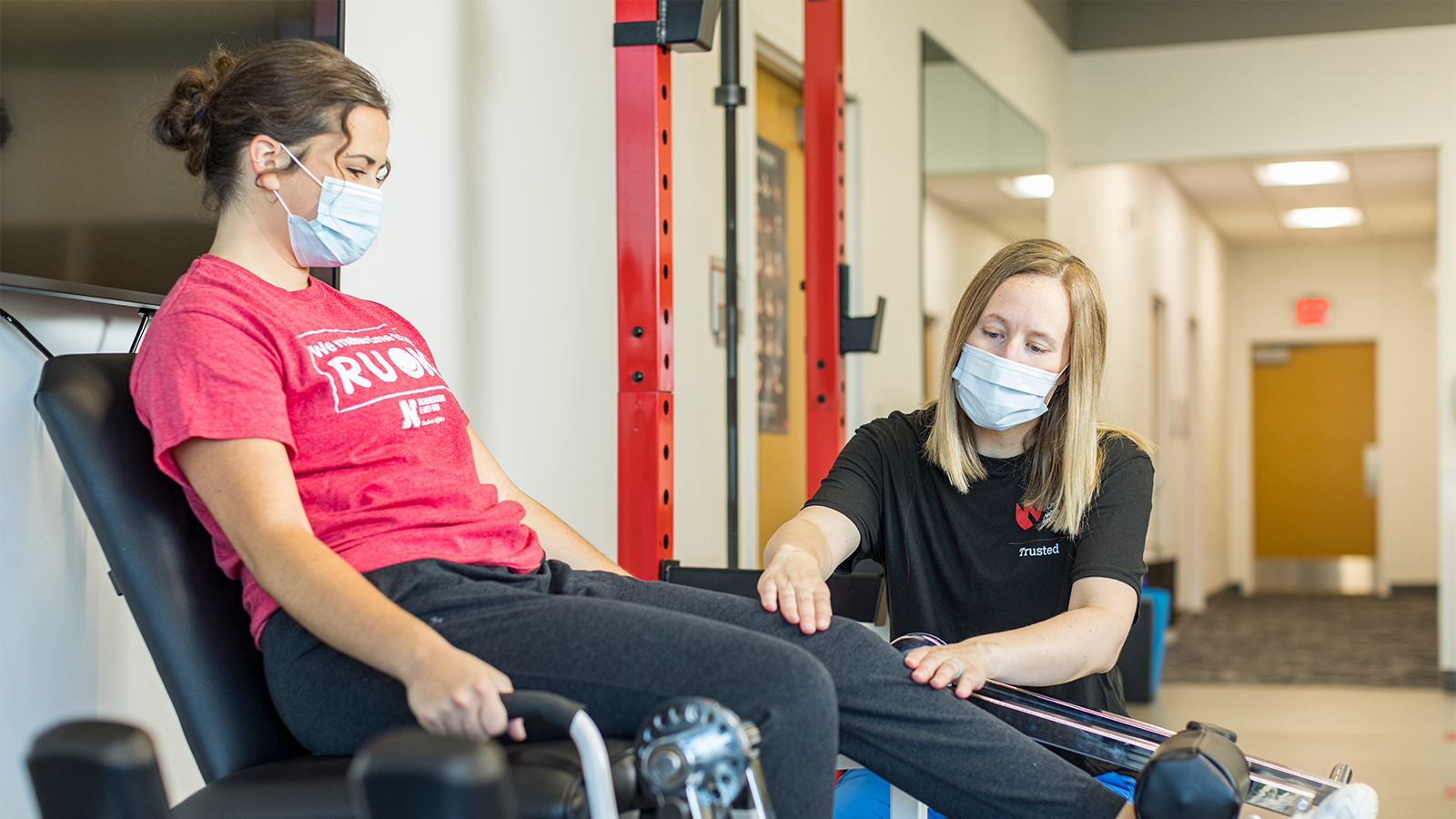Enabling Clients Via Psychological Assistance within Cardiovascular Recovery Initiatives.
Wiki Article
Cardiopulmonary rehab programs are created to assist patients with cardiac and pulmonary conditions improve their well-being and standard of life. These initiatives commonly consist of physical exercise, education about cardiac and pulmonary well-being, and support for making lifestyle changes. Nonetheless, one crucial aspect that is sometimes overlooked is the importance of emotional assistance. Emotional assistance refers to the emotional and community help that patients receive during their rehabilitation journey. This support can empower individuals, enhance their self-esteem, and help them navigate the obstacles that come with chronic medical issues.

Individuals in cardiac and pulmonary rehabilitation frequently face various psychological and psychological challenges. Emotions of anxiety, sadness, and isolation can be prevalent. These feelings may arise from the stress of confronting with a serious medical condition or the concern of future medical problems. Psychosocial support can help tackle these emotions by providing patients with a secure environment to discuss about their concerns and bond with others who understand what they are going through. Collective therapy meetings and individual therapy can be effective ways to facilitate this assistance. By engaging with professionals and peers, individuals can learn coping techniques and find encouragement from peers who share similar experiences.
Incorporating emotional assistance into cardiopulmonary rehabilitation initiatives can best site lead to improved health results for patients. Research show that when patients receive psychosocial support, they are more apt to adhere to their recovery plans, follow to medication, and make necessary lifestyle changes. This engagement can lead to enhanced physical well-being, reduced hospitalizations, and an entire improved standard of life. Support teams can encourage inspiration and accountability, assisting individuals remain dedicated to their rehabilitation goals. This collaborative method highlights the significance of addressing both bodily and emotional well-being in the recovery journey.
Educators and medical providers play a vital part in offering emotional assistance within these initiatives. They can assist individuals comprehend the significance of emotional well-being in their rehabilitation process. By establishing an environment of compassion and support, medical professionals can promote open dialogue about feelings and concerns. Training personnel in interpersonal techniques and emotional assistance techniques can enhance the general individual experience. Furthermore, integrating education about stress management, relaxation techniques, and healthy coping strategies can empower patients to assume an proactive part in their emotional well-being.
In conclusion, strengthening patients through psychosocial click to find out more assistance in cardiac and pulmonary rehabilitation initiatives is crucial for encouraging holistic rehabilitation. By recognizing the emotional and social aspects of healing, medical professionals can establish a more supportive atmosphere that meets the requirements of the entire person. Patients who receive this holistic care are more apt to attain their well-being objectives and enhance their total standard of life. The integration of emotional assistance into recovery initiatives not only enhances the patient experience but also leads to improved sustained health outcomes.